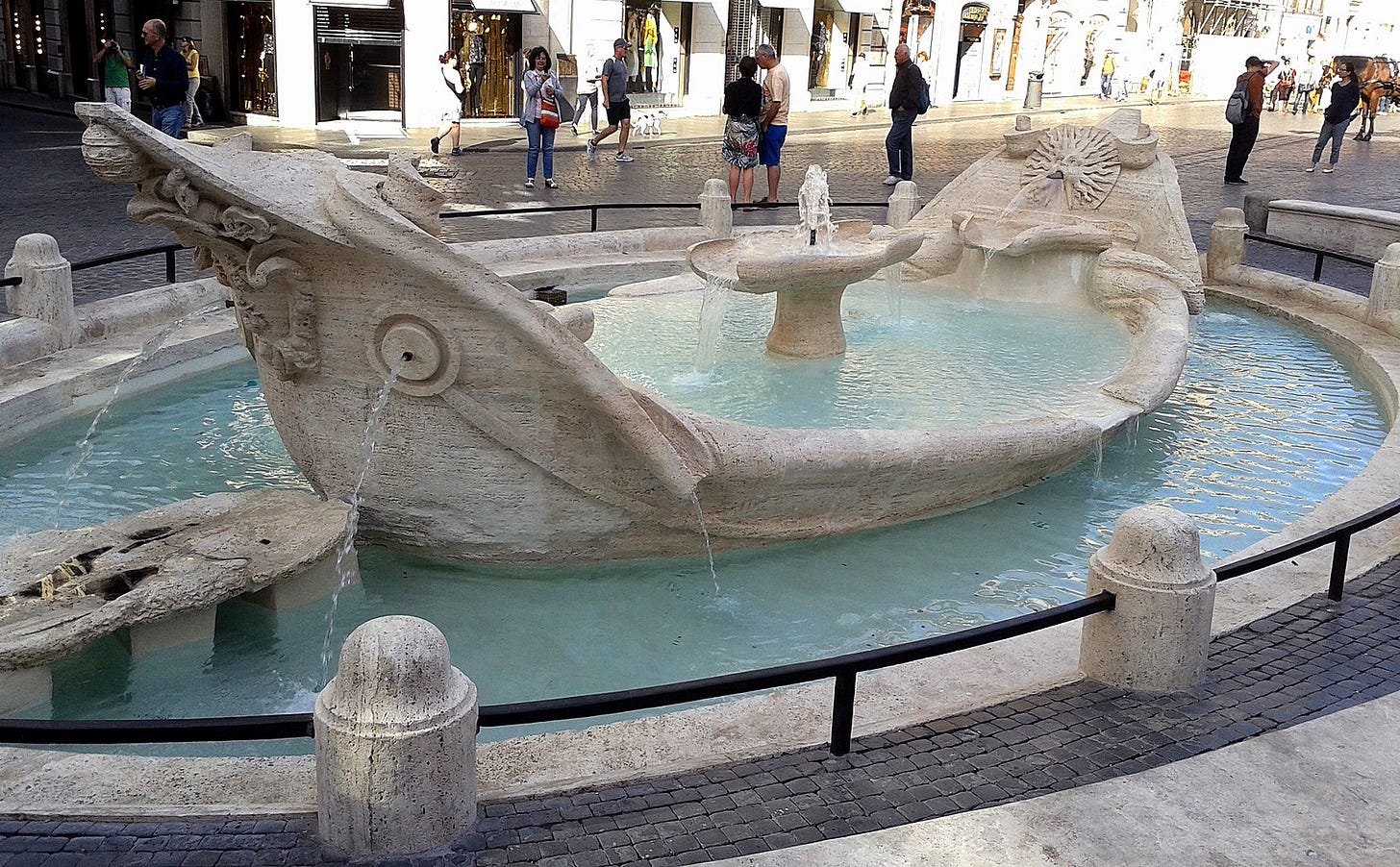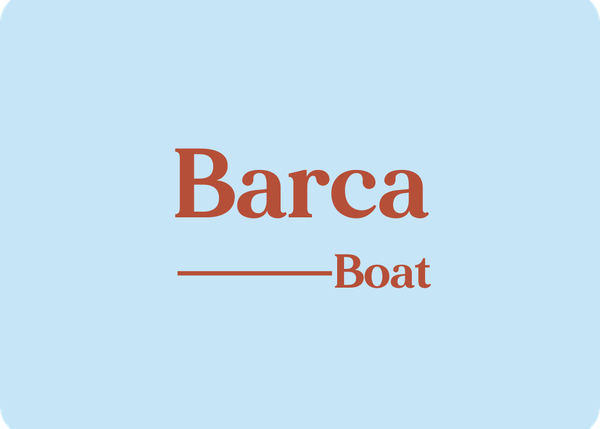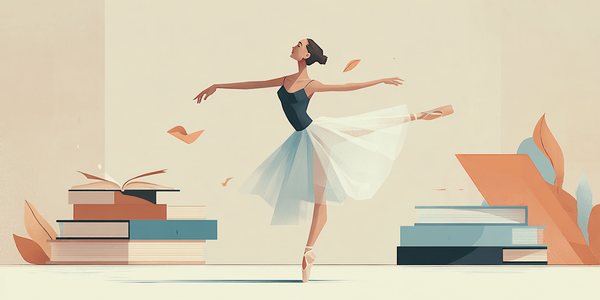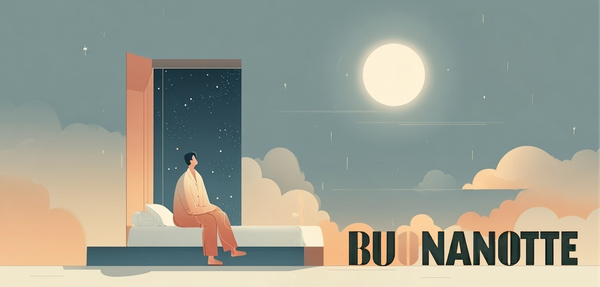Barca
NOUN [feminine]
Meaning and English translation 🔖
Boat
🇬🇧 A vessel for transporting people or goods over water. Boats are primarily used for leisure, transportation, or sporting activities.
🇮🇹 Imbarcazione utilizzata per il trasporto di persone o merci sull’acqua. Le barche sono spesso impiegate per svago, trasporto o attività sportive.
Depending on their propulsion, boats can be categorized as:
- Barca a remi → Rowboat
- Barca a vela → Sailboat
- Barca a motore → Motorboat
- Barca da pesca → Fishing boat
| Masculine ♂️ | Feminine ♀️ | |
|---|---|---|
| Singular | - | la - una barca |
| Plural | - | le - delle barche |
Example sentences 💬
La barca è ormeggiata vicino al molo.
The boat is moored near the pier.
Hanno noleggiato una barca per fare un giro del lago.
They rented a boat to take a tour of the lake.
Le barche a vela partecipano alla regata ogni estate.
The sailboats participate in the regatta every summer.
Hanno visto delle barche colorate al porto.
They saw some colorful boats at the harbor.
La barchetta di carta galleggiava sul ruscello.
The little paper boat floated on the stream.
Note
In the following sentences, you’ll see the words “barcone” and “barchino”. These are masculine nouns. The transformation in gender from feminine to masculine is due to the specific suffixes used to form these nouns (-one, -ino), which impart different meanings and grammatical genders.
Il barcone¹ trasporta merci pesanti attraverso il canale.
The barge carries heavy goods through the canal.
Il pescatore utilizza un barchino² per raggiungere i luoghi più isolati del lago.
The fisherman uses a small boat to reach the more isolated places on the lake.
¹Barcone (plural: barconi) is an augmentative form of barca, meaning a large or heavy boat, such as a barge. The suffix -one is commonly used in Italian to create an augmentative form, which usually indicates something larger or more significant than the norm.
²Barchino (plural: barchini) is a diminutive form of barca, implying a smaller boat. The suffix -ino is frequently used to denote something smaller or to express endearment.
This article is brought to you by Giulia School, where you can learn Italian the natural way—with real conversations and passionate teachers guiding you every step of the journey. It’s the closest thing to immersion you can get without living in Italy. Click here to learn more.
Idioms with barca 🇮🇹
Tirare i remi in barca
→ To give up, to stop trying
Quando ha capito che non c’era più speranza, ha tirato i remi in barca.
When he realized there was no hope left, he gave up.
Mandare avanti la barca
→ To keep things going, to keep everything afloat
Lavoro giorno e notte per mandare avanti la barca.
I work day and night to keep everything going.
Finché la barca va
→ If it ain’t broke, don’t fix it
Finché la barca va, lasciala andare…
As long as it works, just let it be…
La barca fa acqua da tutte le parti
→ To be full of holes
L’azienda sta perdendo clienti e credibilità. La barca fa acqua da tutte le parti.
The company is losing clients and credibility. The ship is leaking everywhere.
Essere nella stessa barca
→ To be in the same boat (meaning to be in the same difficult situation as others)
Siamo tutti nella stessa barca, cerchiamo di aiutarci.
We’re all in the same boat, let’s help each other.
Una barca di...
→ A boatload of…
Ha speso una barca di soldi per quel viaggio!
He spent a boatload of money on that trip!
Where does the word barca come from? 🔎
Barca originates from the late Latin term “barca”, which is a derivation from the classical Latin “baris”, itself coming from the Greek “βᾶρις”.
This etymology traces back to an Egyptian source, reflecting the boat's ancient and multicultural significance in human history.
Did you know that... 🤓
Surprise your italian friends with curious facts about Italy and its culture

One of Rome's most charming and unique fountains, La Barcaccia [the ugly boat], sits at the foot of the Spanish Steps.
Commissioned in 1627 by Pope Urban VIII Barberini, the name Barcaccia is thought to be inspired by a historical event from 1598 when the Tiber River flooded, depositing an old boat in the center of the piazza. Some theories suggest it was a combat vessel, while others believe it was a Roman river cargo ship.
The fountain mimics a sinking ship, a clever illusion augmented by its placement below street level, which also ingeniously solved the low water pressure problem in the area.
Take a closer look next time you visit: the Barcaccia's sculptural details are not just architecturally striking but also rich in symbolism. Water jets from the prow and stern mimic cannons firing water inside the boat, bordered by large papal crests featuring bees—symbols of the Barberini family. This design enhances the fountain's dramatic appeal and portrays the illusion of a sinking ship with water spilling over its sides.





